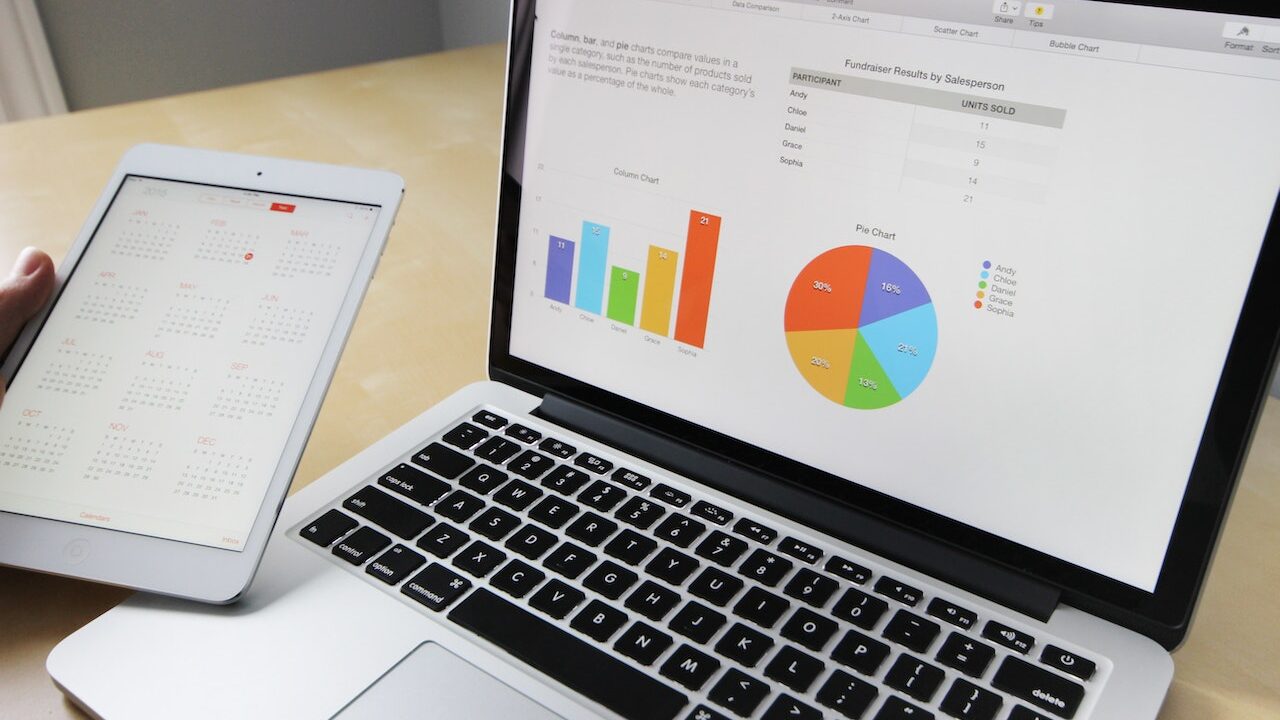
Big Data refers to the large volume of structured and unstructured data that organizations accumulate from various sources at a high velocity. This data is typically characterized by its volume, velocity, variety, and veracity, often referred to as the “4 Vs” of Big Data.
The introduction of Big Data can be attributed to several factors:
Data Explosion: With the proliferation of digital technologies, the amount of data being generated has grown exponentially. This includes data from sources such as social media, sensors, online transactions, and more. The increasing connectivity and digitization of our lives have contributed to this data explosion.
Technological Advancements: Advances in computing power and storage capacity have made it feasible to collect, store, and process massive amounts of data. The development of distributed computing frameworks, such as Apache Hadoop and Apache Spark, has enabled efficient processing of it across clusters of computers.
Internet of Things (IoT): The IoT refers to the network of interconnected devices embedded with sensors and software that collect and exchange data. IoT devices generate enormous volumes of data, and their widespread adoption has further fueled the growth of it.
Analytical Capabilities: Traditional data processing techniques and tools were not designed to handle the scale and complexity of Big Data. However, the emergence of advanced analytics tools, such as machine learning and artificial intelligence, has made it possible to extract valuable insights and patterns from vast datasets.
The introduction of it has had a significant impact across various industries and domains. Organizations now have the ability to collect and analyze large datasets to gain insights, make informed decisions, and drive innovation. Some key applications of it include:
Business Intelligence: Big Data analytics help organizations gain a deeper understanding of customer behavior, market trends, and operational efficiency. This information can be leveraged to improve decision-making, optimize processes, and enhance customer experiences.
Healthcare and Life Sciences: It has the potential to revolutionize healthcare by enabling personalized medicine, early disease detection, and real-time monitoring. Analysis of large-scale genomic data, electronic health records, and clinical trials can lead to improved patient outcomes and drug discovery.
Smart Cities: It is instrumental in creating intelligent urban environments. By analyzing data from sensors, social media, transportation systems, and other sources, cities can optimize traffic flow, improve energy efficiency, and enhance public safety.
Financial Services: The finance industry relies on Big Data for fraud detection, risk assessment, and algorithmic trading. Analyzing vast amounts of financial data in real-time can help identify fraudulent transactions, predict market trends, and mitigate risks.
Scientific Research: Big Data plays a crucial role in scientific research across various disciplines, such as astronomy, genomics, climate modeling, and particle physics. Large-scale data analysis helps researchers uncover patterns, validate hypotheses, and gain new insights into complex phenomena.
Final Words
In conclusion, It has completely changed how businesses gather, store, analyse, and make use of enormous volumes of data. The exponential growth of data, technological developments, and the demand for greater insights and decision-making have all contributed to its debut. Organisations may take advantage of advantageous possibilities, acquire a competitive edge, and solve complicated problems in a variety of industries by efficiently utilising and analysing massive datasets.
It’s crucial to keep in mind that Big Data also has drawbacks, including issues with data security and privacy, poor data quality, and the need for qualified data experts. To ensure the moral and responsible use of Big Data, organisations must adopt the proper policies, data governance practises, and security measures.
New technologies and approaches will emerge as Big Data continues to develop, opening up even more opportunities for data-driven insights and innovation. Adapting to this data-centric era is essential for people, businesses, and society as a whole. This includes learning about the most recent advancements and examining how Big Data can lead to good change.
The development of big data has been fueled by the exponential rise of data, technological breakthroughs, and the demand for enhanced perception and decision-making. Organizations can take advantage of advantageous chances and solve challenging problems in a variety of industries by skillfully utilizing and analyzing massive datasets.








